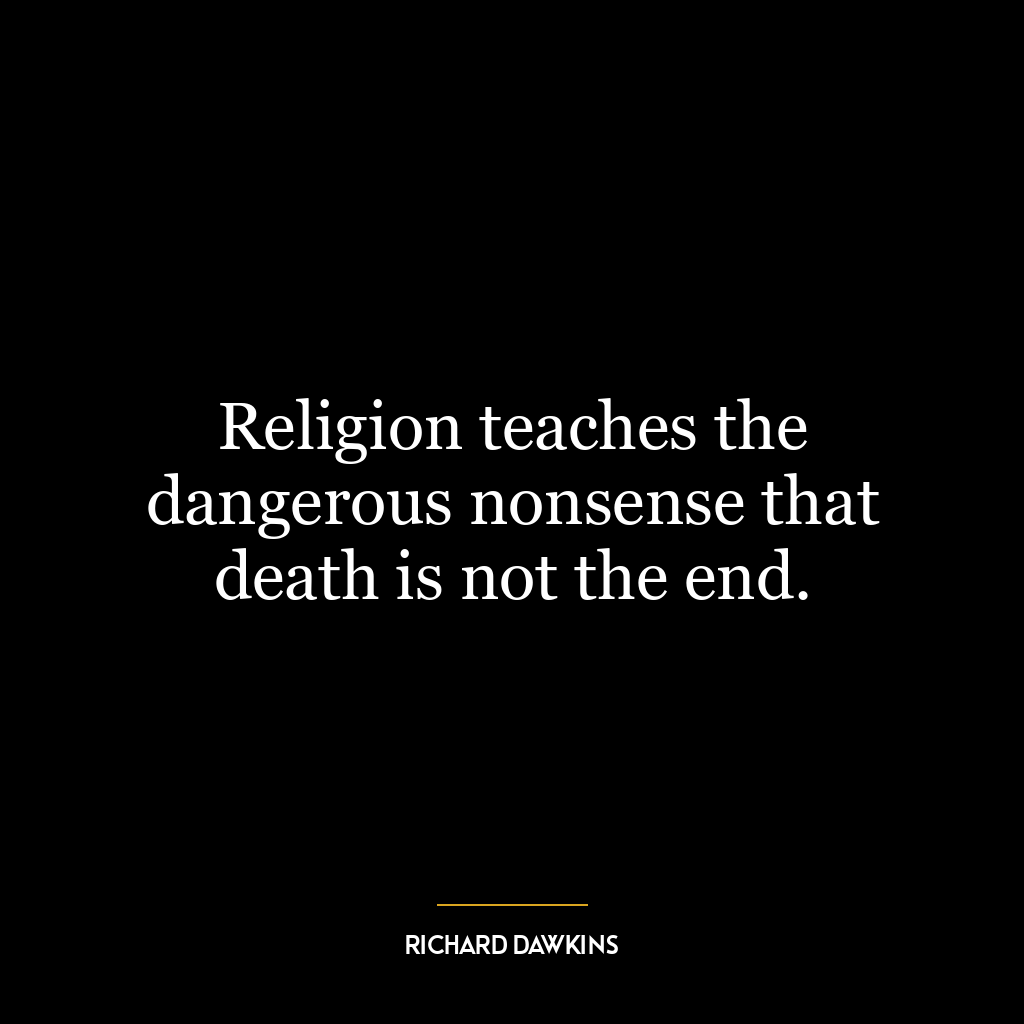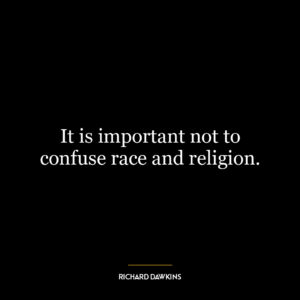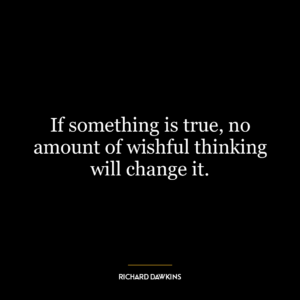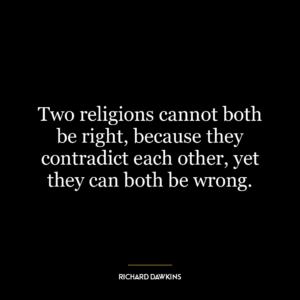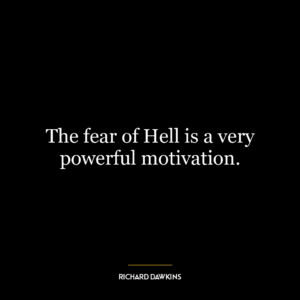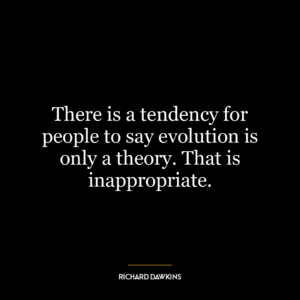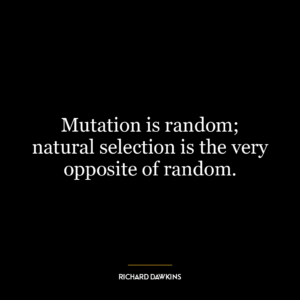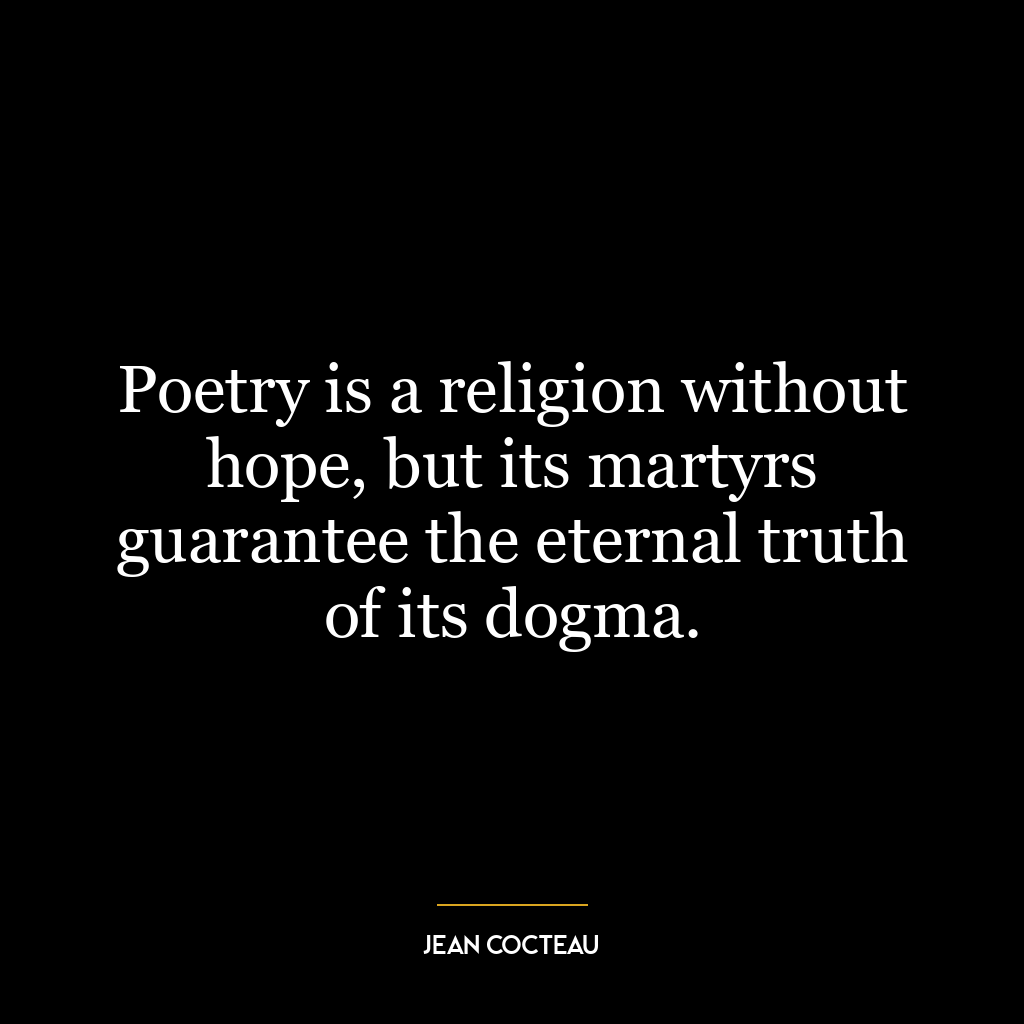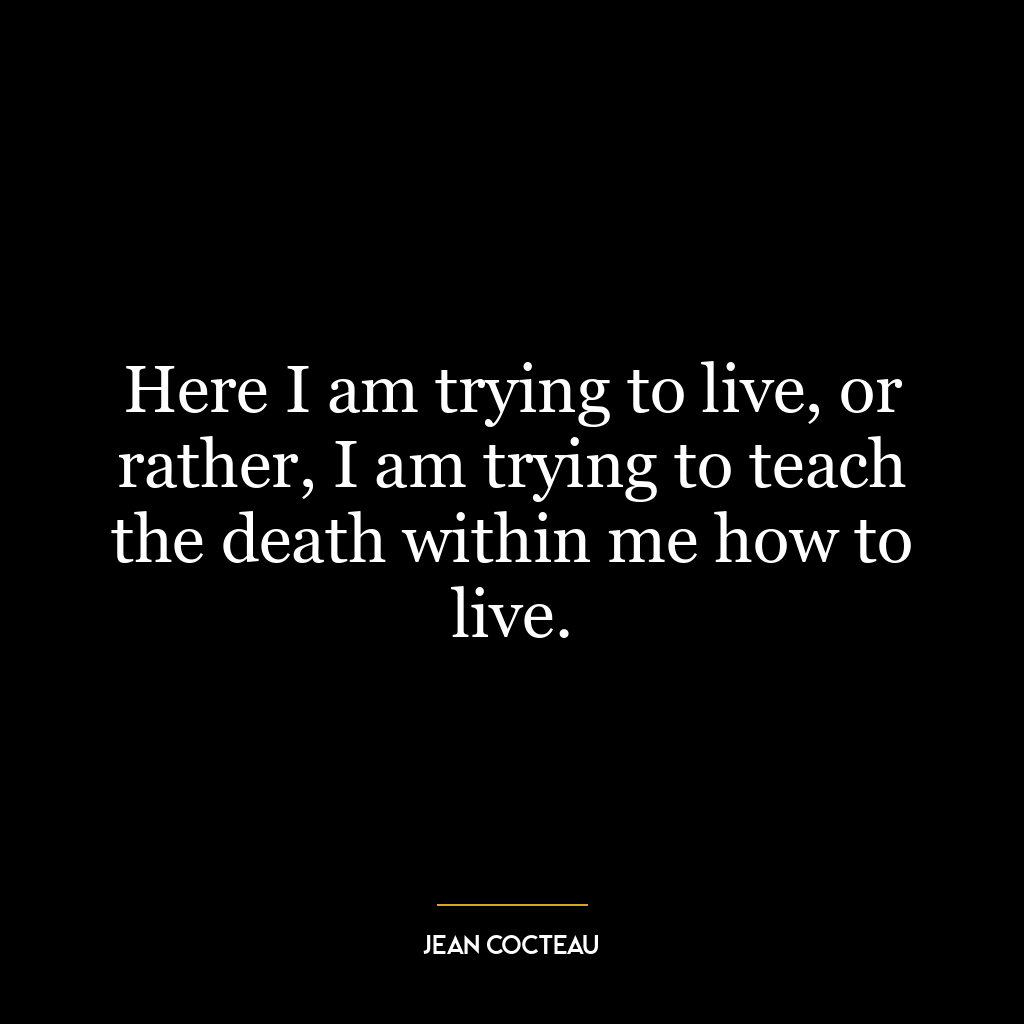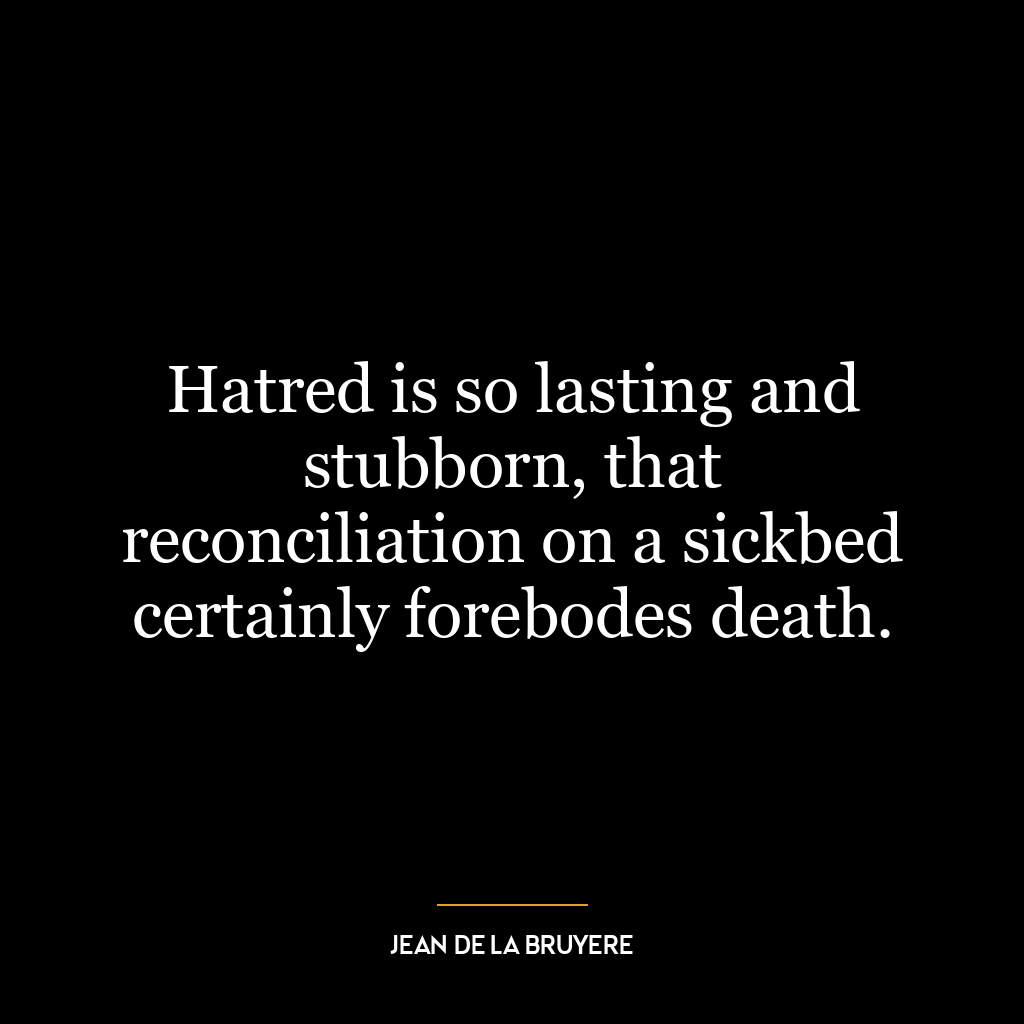Religion teaches the dangerous nonsense that death is not the end.
The quote “Religion teaches the dangerous nonsense that death is not the end” suggests that religious beliefs, which often include the concept of an afterlife, can potentially be harmful because they downplay the finality of death. This perspective argues that if people believe death is not the end, they might not fully appreciate the value and urgency of the life they are living now. They might make decisions based on a belief in eternal reward or punishment rather than focusing on the immediate consequences of their actions.
This idea can be applied in today’s world in various ways. For instance, it could be argued that a focus on an afterlife might distract from addressing pressing issues like climate change, poverty, or social injustice. If one believes in an eternal life after death, the urgency to solve these problems might be diminished because this life is seen as temporary and less significant.
On a personal level, this perspective could be a call to live in the present, to value each moment, and to make decisions based on their impact here and now. It could be seen as a reminder that our actions have immediate consequences that can’t be postponed to an afterlife. It might also encourage individuals to seek fulfillment and meaning in this life, rather than waiting for a promised afterlife.
However, it’s important to note that this quote doesn’t necessarily dismiss the value of religion altogether. Many people find comfort, purpose, and a sense of community in their religious beliefs. The quote merely challenges the idea of an afterlife and its potential implications on our attitudes towards life and death.

